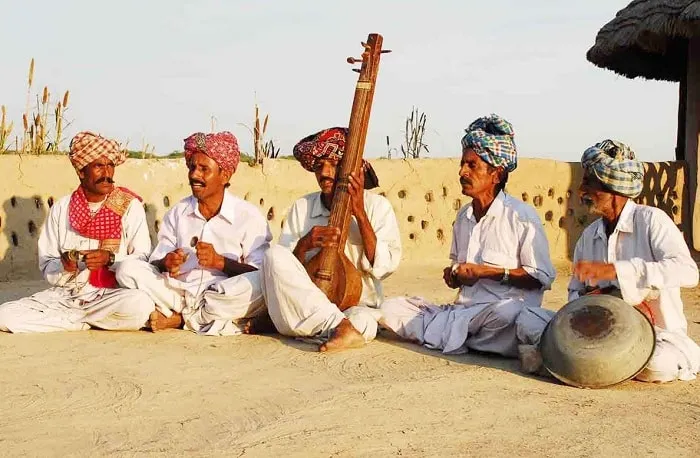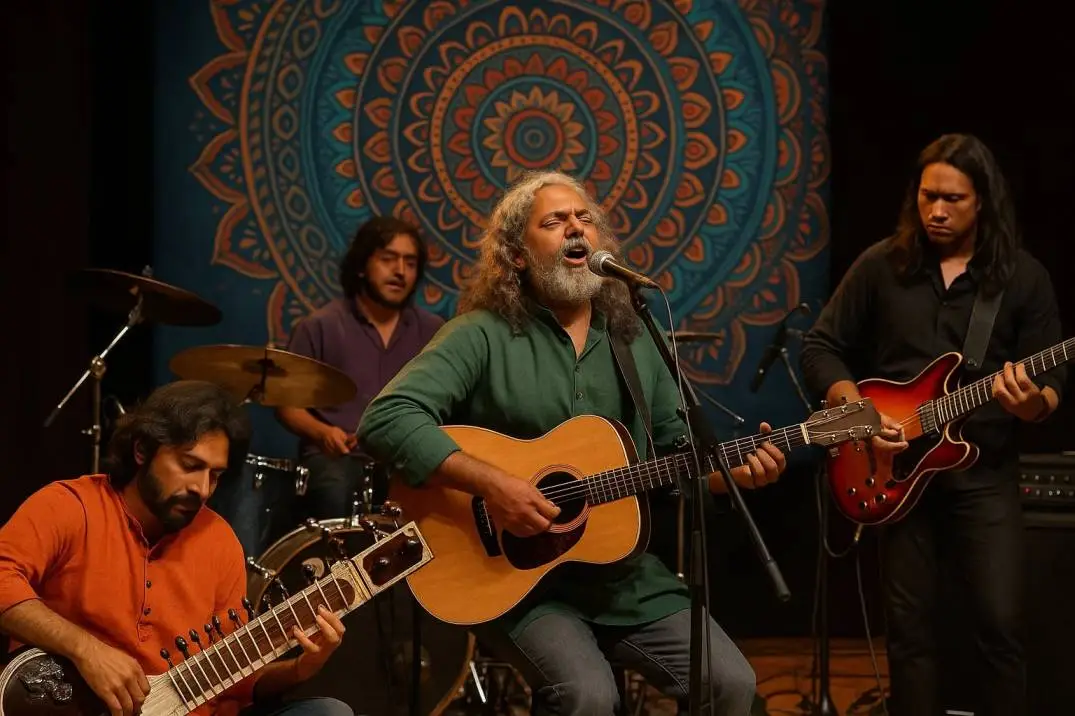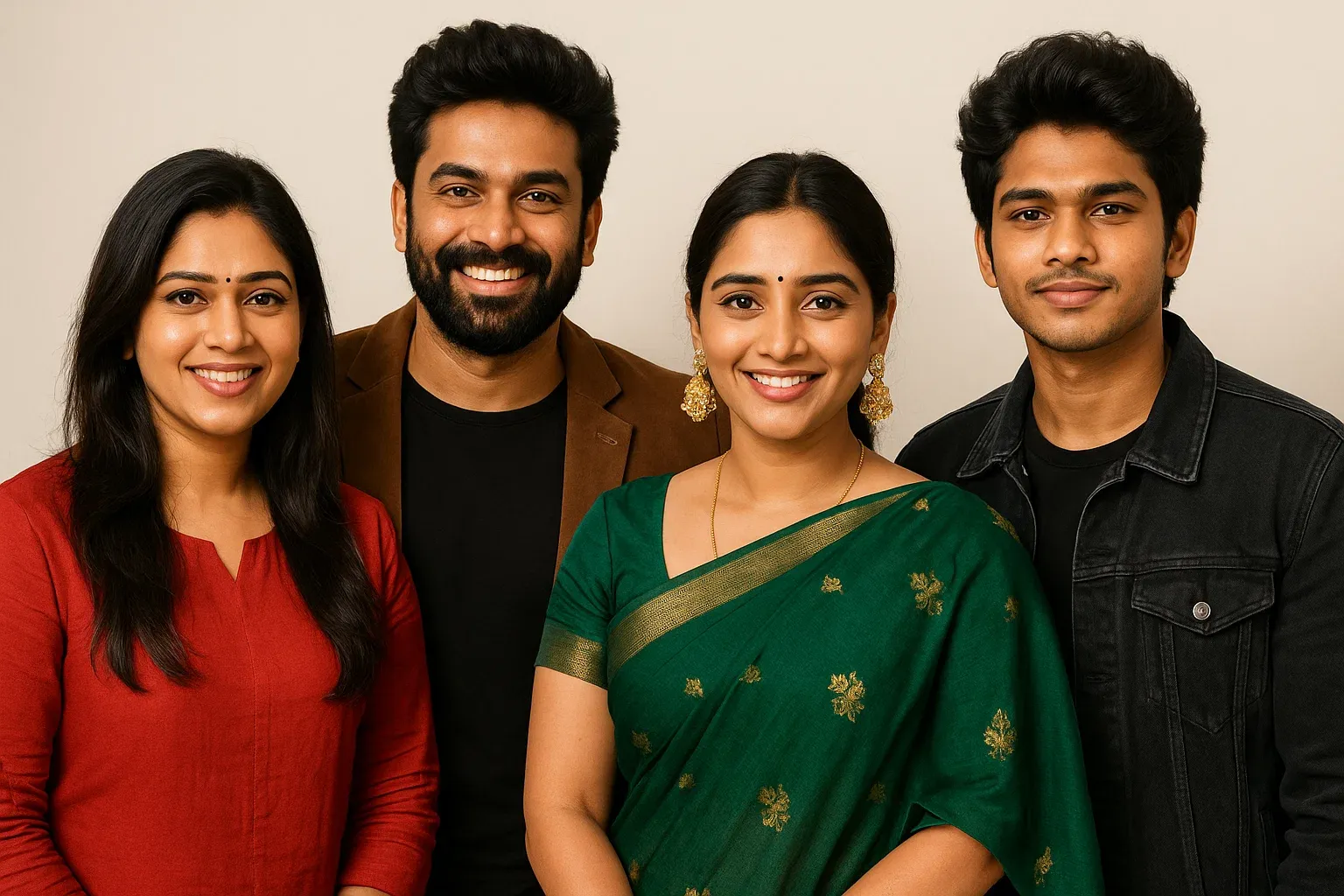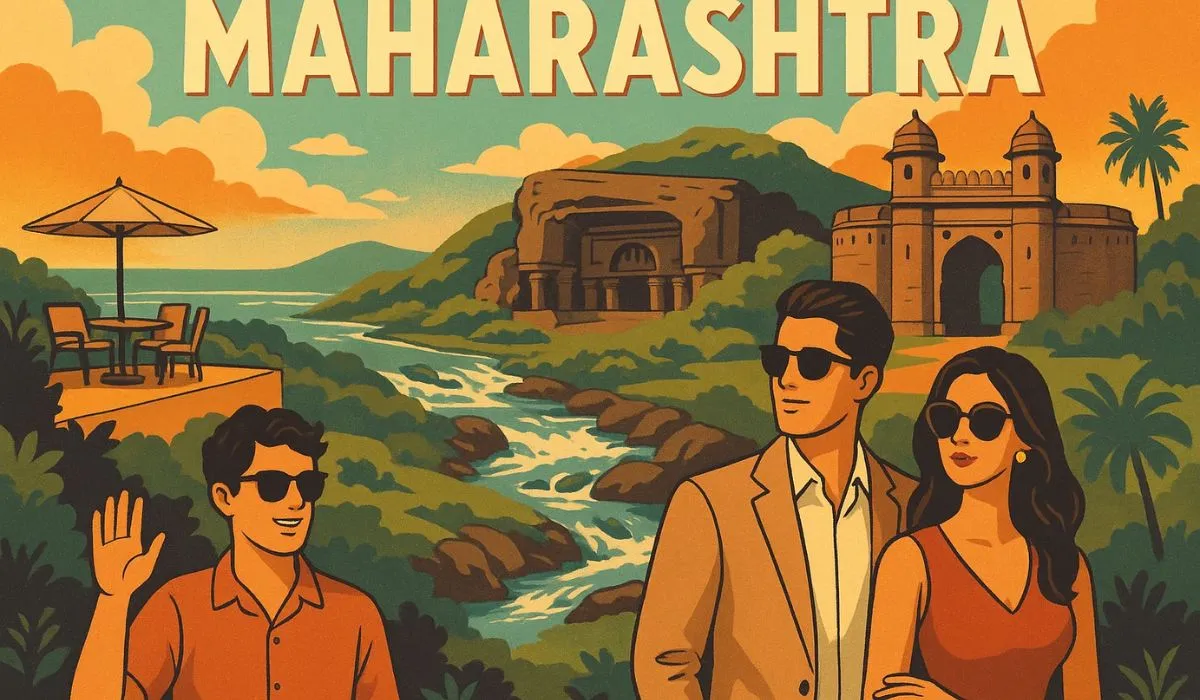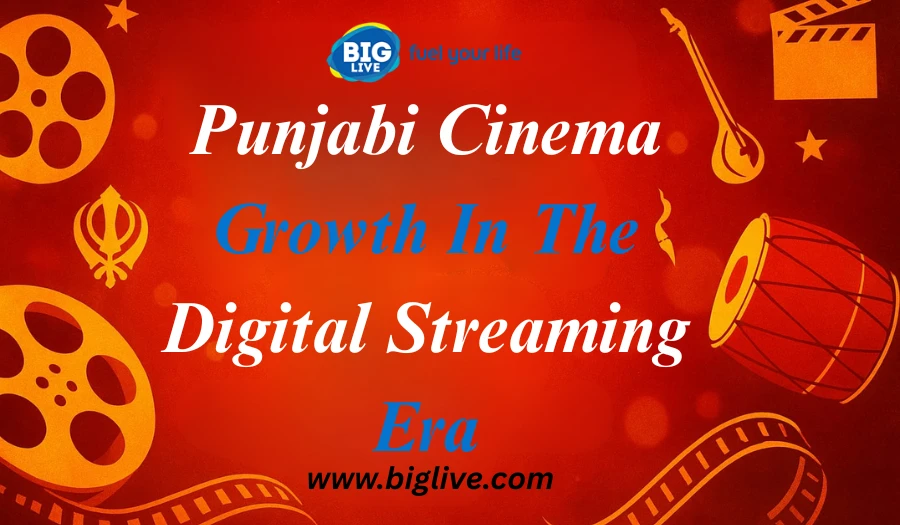Have you ever just hear a song and suddenly? you're not where you are anymore Like, you’re not in your car or kitchen anymore you’re back at some old wedding, maybe your cousin’s, or you’re sitting in your nani’s house with the radio on in the background, and the smell of ghee wafts in from the kitchen?
That’s Gujarati film music for you. It’s not flashy or autotuned. Heck, some of it sounds like it was recorded in someone’s living room. But it hits. And for people from Gujarat—or even those just familiar with its music—some songs aren’t just music. They’re memory triggers. And okay, sure, they didn’t trend on social media or win global awards. But they did something bigger. They became part of everyday life. Part of us.
Read Also: Unsung Legends: Pioneers of Gujarati Film Music
The Quiet Ones Hit Harder
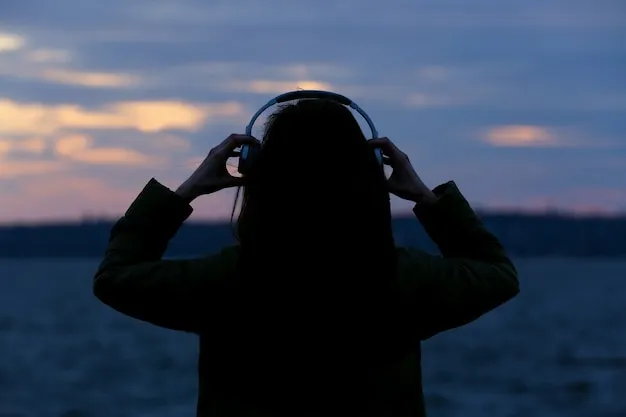
There was this one old film—I’m talking old, okay? Black-and-white kind of old. The story was all about a robber who changed his life after meeting a saint. Classic redemption arc, but more spiritual. Anyway, there’s this one song in it that people still hum today. Like, without even remembering the lyrics, they just hum it. Slow. Sad, kind of. But also full of peace? It’s weird like that.
What’s wild is that I’ve heard this song at both weddings and prayer halls. Like, who does that? But that’s what made it special. It crossed moods. It wasn’t trying to be a banger. It was just real.
“Tame Mane Gamta Nathi” – More Than Just Sad
Now this one—oh man. If you’ve ever had your heart broken, or even just felt left out, you’d feel this in your bones. I don’t know what it is about older Gujarati sad songs, but they don’t yell. They whisper. They stab gently.
The song basically says “You don’t like me,” but it’s not dramatic. It’s just resigned. And that’s worse, in a good way. Like, it sticks. It’s not the kind of track you blast on speakers. It’s the one that sneaks up on you when you’re lying down in a dark room doing nothing. And for some reason, it still plays on All India Radio late at night. Like some kind of ritual.
Folk Feels with “Mor Bani” Vibes
Before Deepika danced to it in Ram-Leela, folks in Gujarat already knew “Mor Bani Thanghat Kare.” Not the glam version, though. The raw one. The one your teacher made you memorize for the school function. Or the one your mom played on tape when she was cleaning.
It’s got birds, swaying trees, and that typical Gujarati playful tone—but deeper too. It’s like… old poetry turned into rhythm. Even now, you hear it in Garba. Not the remix, the real deal. It’s still got legs, and that says a lot.
Mehndi, Doli, and Tissues?
This one song from the '90s? It wrecked people. In a good way. The film was a huge hit, but the real emotional damage came from this one wedding song. Not the happy kind. The bittersweet, “I’m leaving my home forever” kind.
Everyone cried. I’m serious. Your mom cried. Your mami cried. The uncle who never cries—yep, he cried too. It was everywhere—on cassettes, at weddings, in plays, even in the background of documentaries. It was the soundtrack to Gujarati girlhood, especially during bidaai. Still gets played. Still gets tears.
Romance, But Like, Shy-Shy
Okay, so this other track? It was low-key. Romantic, but not in-your-face. It talked about eyes. Just eyes. That’s it. No big declarations. Just someone staring and feeling things. It came out in the 2000s, I think, and suddenly everyone was dancing to it at Navratri—but not the high-energy stuff. The slow rounds. The couple rounds. People got close. Maybe too close. But that’s the power of a good love song, right? And even now, you’ll find 20-year-olds who know the lyrics. Because their moms played it. And it stuck.
“Kaka Bapa” – Pure Comedy Gold
Now this one… was just ridiculous. In the best way. It's a song that talks about relatives, weddings, random gossip. And it’s hilarious. It doesn't care about structure or perfection. It just spills. Like a chitchat session with your nosy chachi.
But guess what? People loved it. Still do. You hear it during sangeet, and everyone—even the grumpy ones—starts nodding and laughing. It feels like a chaotic family WhatsApp group in song form.
Why These Songs Just Stayed?
So what made these tunes so sticky? Not the production value, obviously. Half of them sounded scratchy, honestly. But here’s what they had:
- Language: Pure, clean Gujarati. No mixing. No compromise.
- Emotion: Not just surface-level stuff. Deep, personal, layered.
- Tradition: Lots of them borrowed from older folk melodies or poetry.
- Memory value: You didn’t just hear them. You lived with them.
They didn’t try to be perfect. And that’s why they worked.
Read: Mohd Rafi Tribute Night: Relive the Golden Era in Ahmedabad
They Went Global Quietly
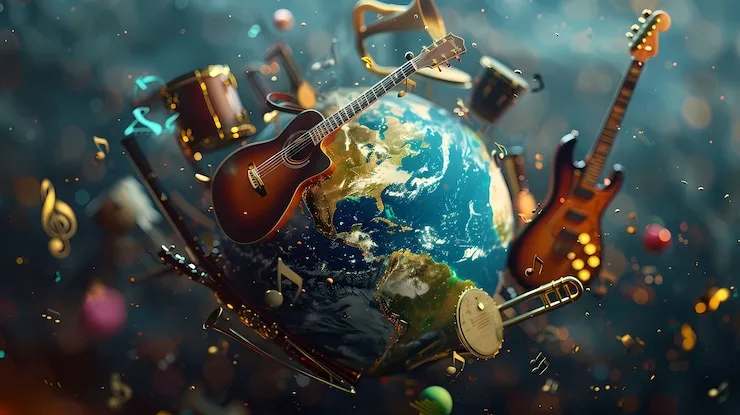
Gujarati families who moved abroad didn’t just carry spices and sarees—they carried songs. Go to any wedding in Toronto or Navratri event in New Jersey, and these tunes still play. I met a guy in Melbourne once who didn’t remember the last time he spoke Gujarati, but he knew the words to three of these songs. Just like that. Boom, muscle memory. These songs travel. And that’s culture, isn’t it?
It’s 2025 – They’re Still Alive?
Now there’s Spotify, YouTube, AI-made loops, but somehow these songs haven’t gone anywhere. Young singers are bringing them back with lo-fi edits, or blending them into EDM. Sounds weird? Kind of is. But it works. Because underneath all the noise, the heart is still there.
Final Thought
Gujarati film songs might not have had fancy stage setups or 4K videos. But they had soul. They didn’t yell for attention. They just… stayed close.
You didn’t memorize them. You absorbed them. They sat with you during tea. They held your hand during heartbreak. They danced with you. They teased you. They were yours. And maybe that’s what makes music truly iconic—not the fame, but the feeling.



